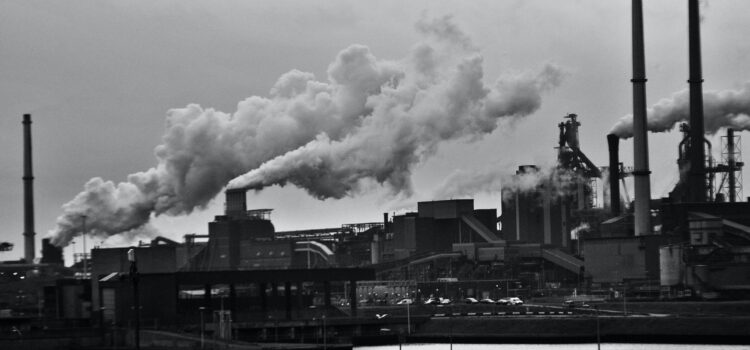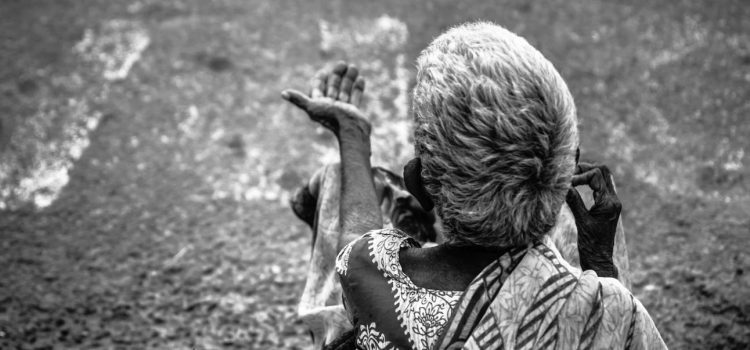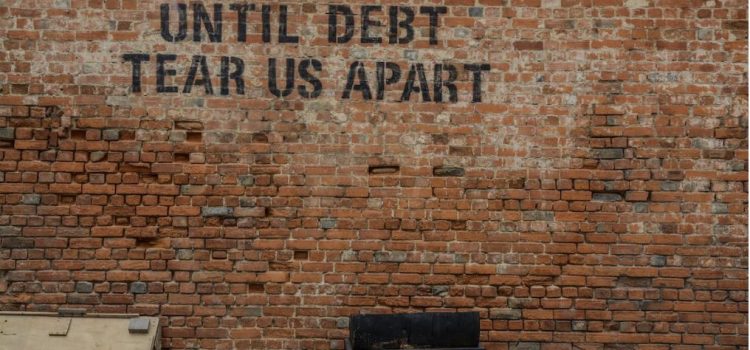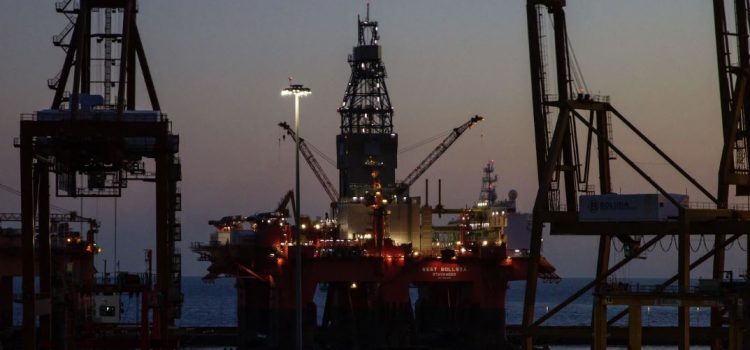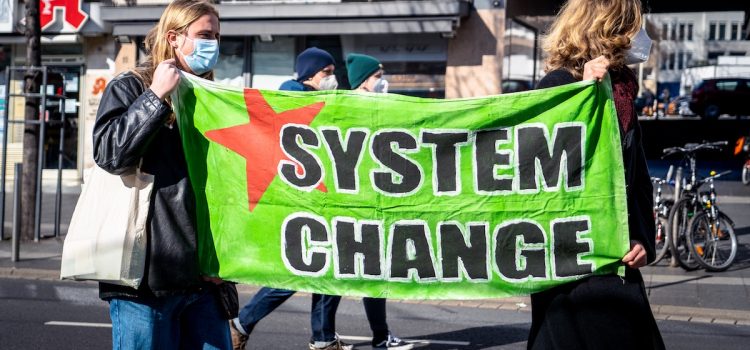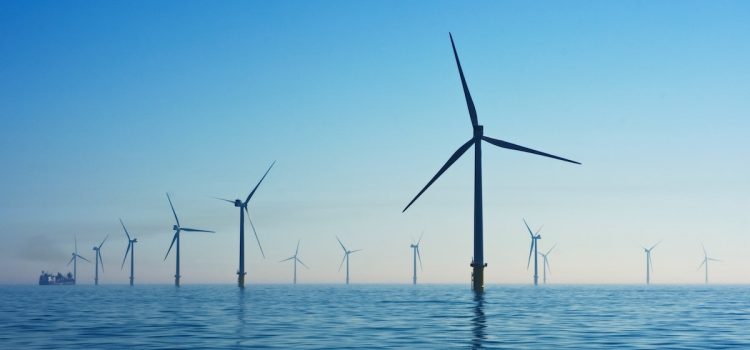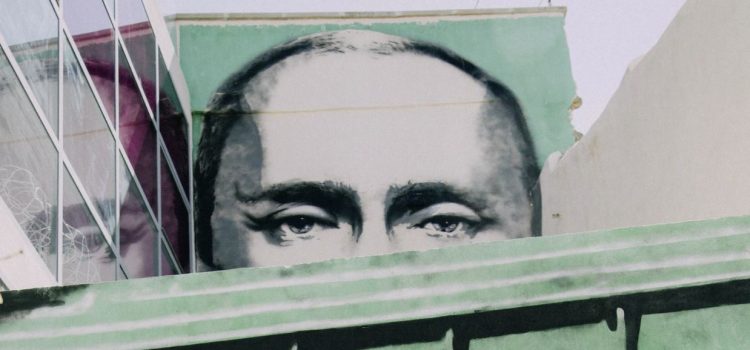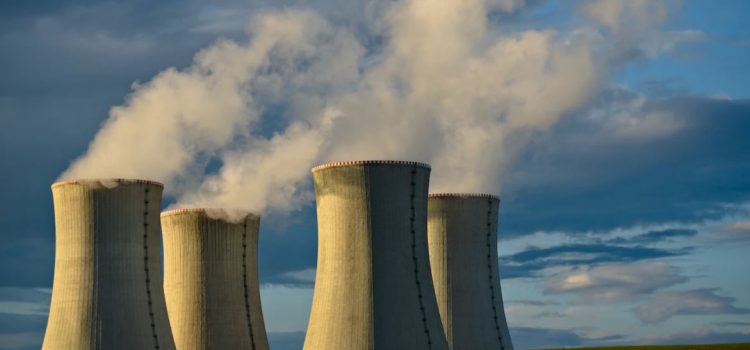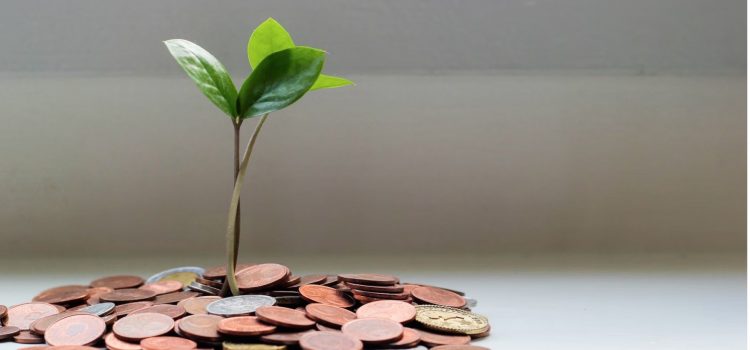What role do fossil fuels play in manufacturing? How much do renewables help? What’s the solution to carbon emissions? Vaclav Smil believes that, in manufacturing industries, fossil fuels are here to stay—at least for the foreseeable future. Even green electricity relies on manufactured materials that are produced with power from fossil fuels. But, he says there are a few things we can do to reduce the use of these materials. Read more to learn about why CO2 emissions from manufacturing industries are a reality we have to live with, at least for now.
Why CO2 Emissions From Manufacturing Industries Are Here to Stay
